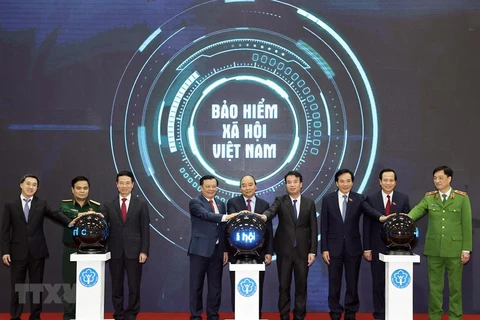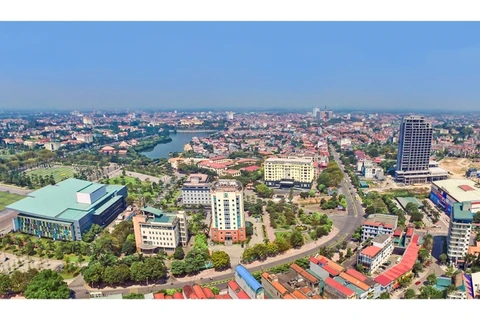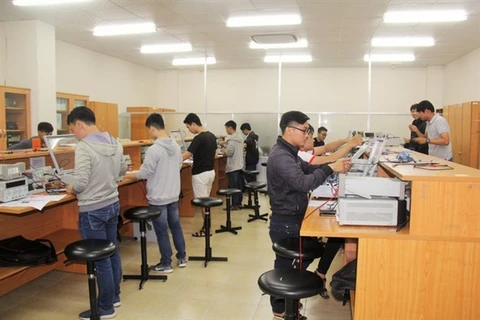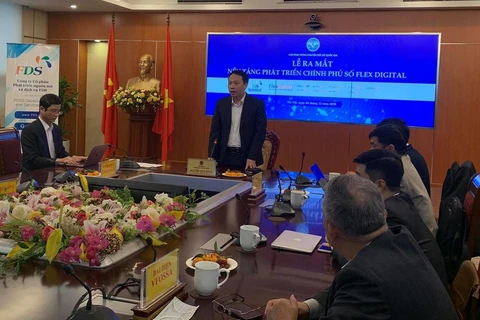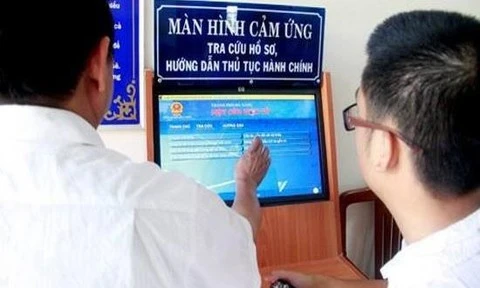Hanoi (VNA) – The number of services provided via the National Public Service Portal has reached 2,700 after four new ones made debut on December 30, expected to help save 8 trillion VND (346.9 million USD) each year.
The new services consist of the ones for households and individuals to fulfil financial obligations in implementing land-related administrative procedures; providing construction planning information; granting private housing construction licences; and declaring and paying registration fees, granting number plates for imported cars.
There four services are believed to help save 1.37 trillion VND every year, raising the annual sum that could be saved thanks to the services on the National Public Service Portal to 8 trillion VND.
At a conference in Hanoi on December 30, Minister- Chairman of the Government Office Mai Tien Dung said the 2,700 online public services, 1,439 for people and 1,488 others for businesses, are equivalent to 39 percent of all administration procedures and 9 percent higher than the target set by the Government at the year’s beginning.
As of December 29, the portal, launched one year ago, had recorded more than 417,000 accounts and 100.5 million visits. It had settled over 744,800 dossiers, dealt with 9,700 opinions and petitions, and handled 44,800 calls to its switchboard.
The online payment service had been provided for 14 ministries and sectors and 54 out of the 63 provincial-level localities, with more than 48,000 successful transactions, Dung noted.
Addressing the event, Deputy Prime Minister Vu Duc Dam said if online public services are carried out well, they will create a chance for all enterprises and people to equally benefit from them, thereby minimising conditions for negative phenomena to mushroom.
This is important to the national competitiveness, especially the business environment, as well to Vietnam’s ranking in the E-Government Development Index, he said.
Dam also pointed out the need to accelerate the building of the country’s important databases and boost platforms and tools for cashless payment, particularly the piloting of mobile payment, which are not only convenient for people and State agencies but also helpful to combating COVID-19./.

